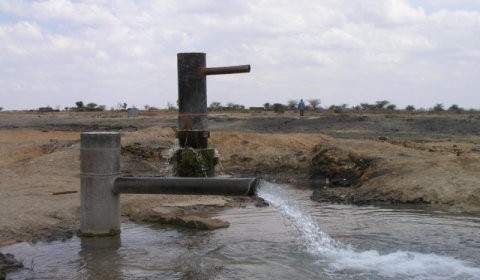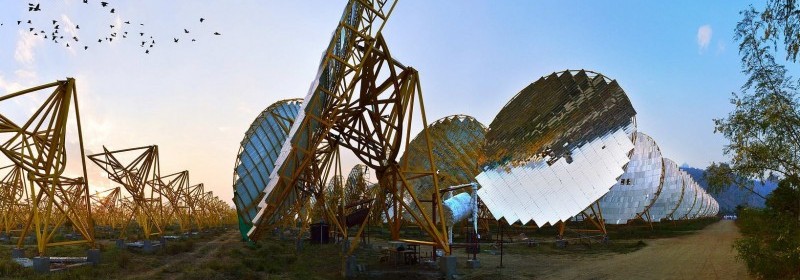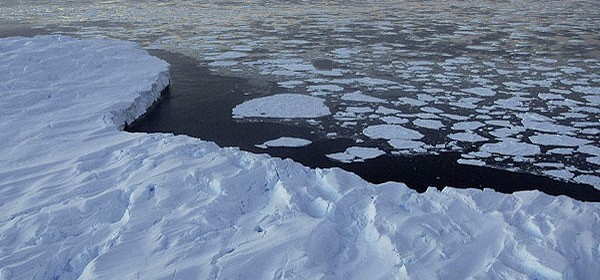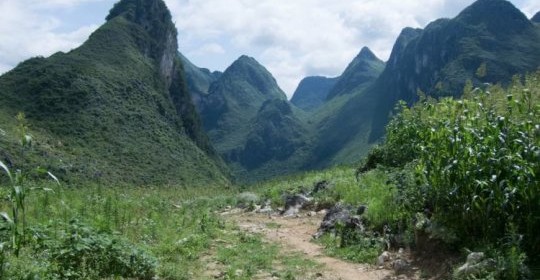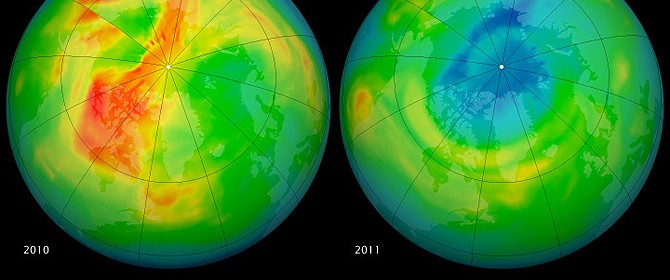Climate report offers a grim forecast
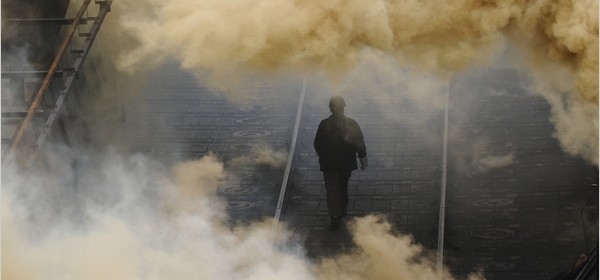
What happened A United Nations panel of the world’s leading environmental scientists issued its most dire warnings on the dangers posed by climate change, saying global warming is already affecting every continent and threatens to devastate food supplies, cause mass extinctions of plants and animals, worsen droughts, and raise the risk of wars over resources. The longer society holds off […]
Read more
